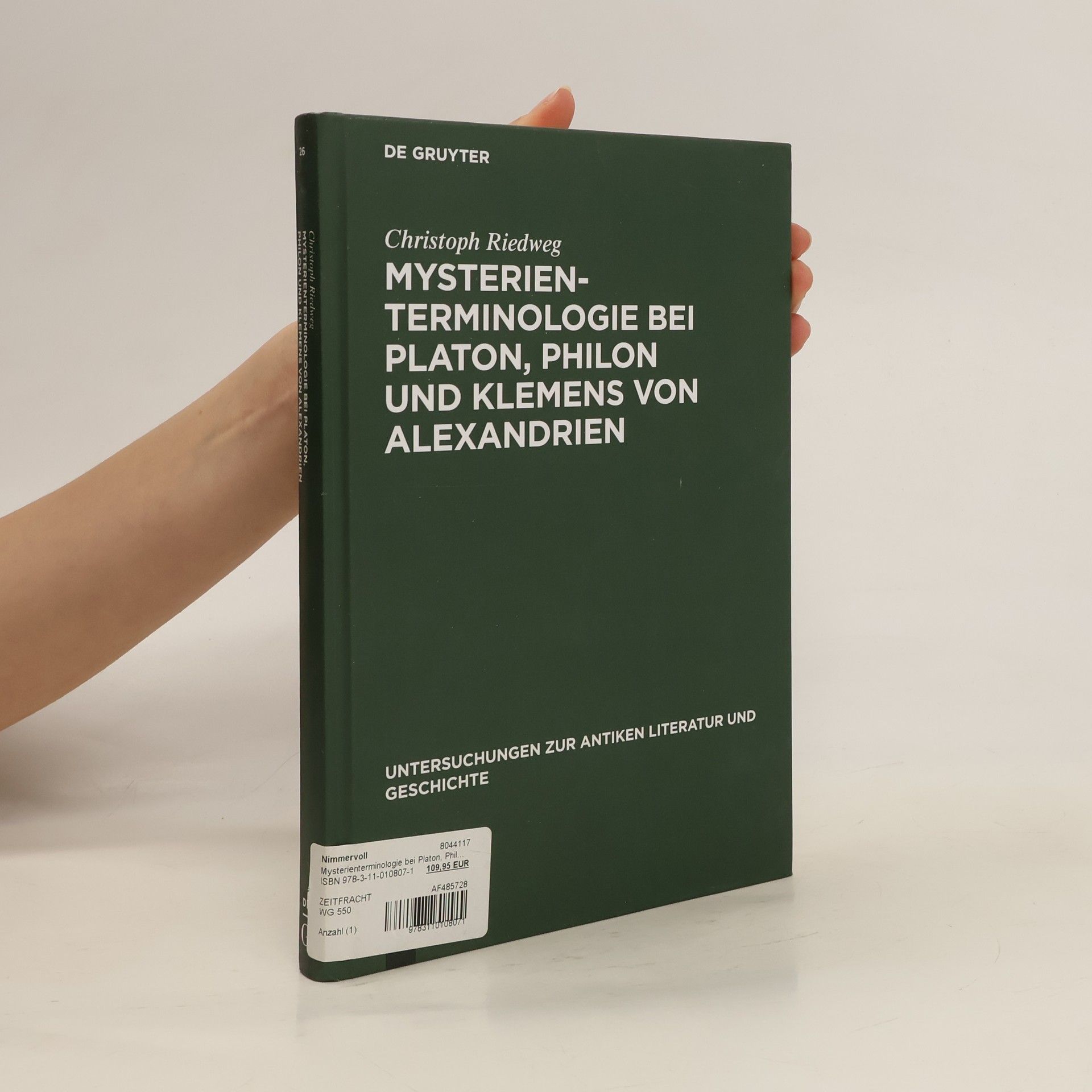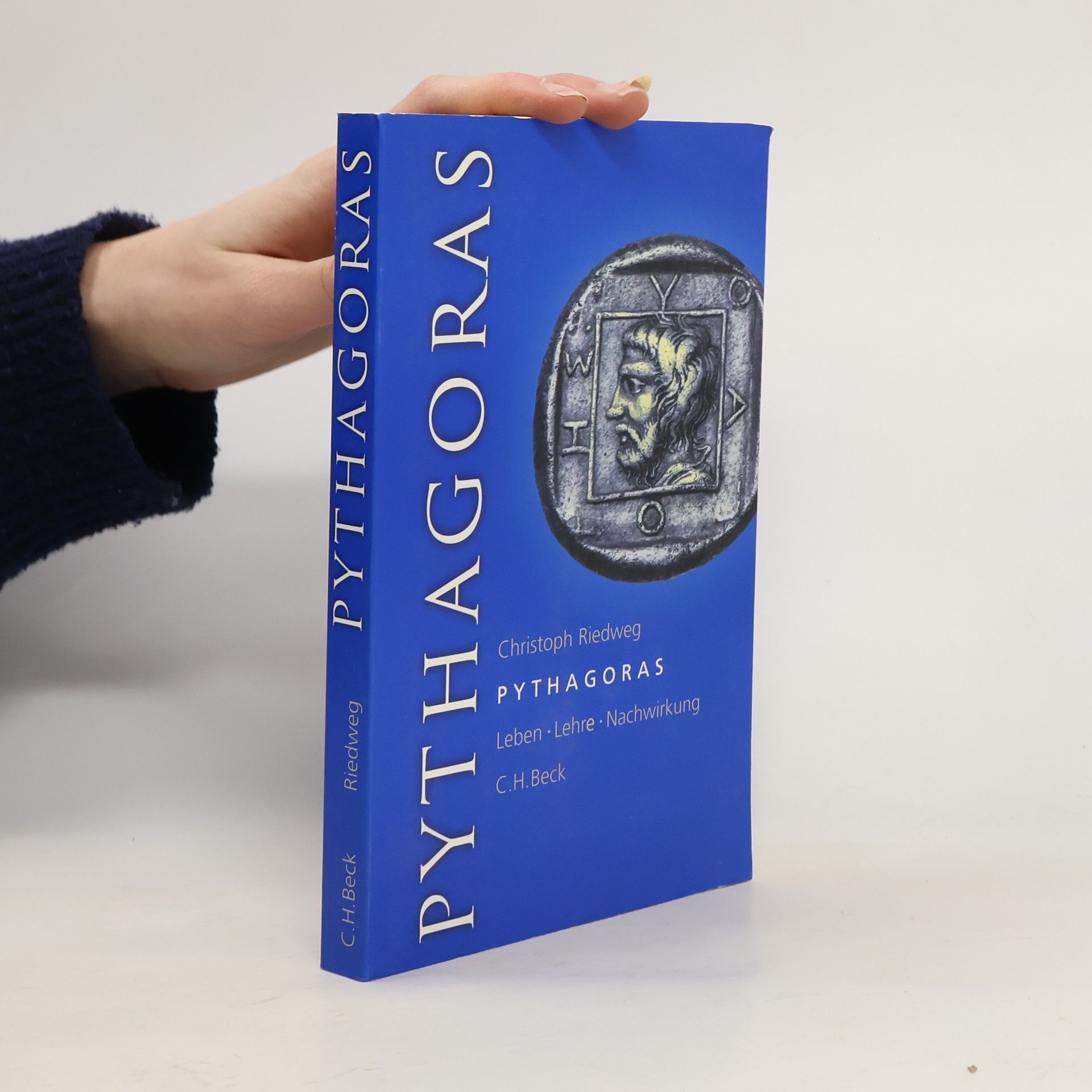Nach der Postmoderne
Aktuelle Debatten zu Kunst, Philosophie und Gesellschaft
- 313 pages
- 11 hours of reading
Rückkehr zur Realität? Die gegenwärtige Umbruchszeit wird als möglicher Epochenwechsel diskutiert, insbesondere nach den einschneidenden Ereignissen der letzten Jahre, wie dem Wall Street-Crash von 2008. In diesem Kontext forderte das Istituto Svizzero di Roma 2012 unter Christoph Riedweg eine Vortragsreihe, in der prominente Persönlichkeiten aus Politik und Kultur über die Bedingungen einer Zeit nach der Postmoderne reflektieren. Die Beiträge behandeln aktuelle Themen aus Kunst, Architektur, Philosophie, Geschichte, Politik, Wirtschaft und Wissenschaft. Schweizer, deutsche und italienische Stimmen beleuchten verschiedene Perspektiven und deren Grundlagen. Die Vortragsreihe steht in Verbindung mit der italienischen Debatte um das Manifesto del nuovo realismo von Maurizio Ferraris, der eine radikale Abkehr vom Konstruktivismus der Postmoderne und eine Rückkehr zur Realität fordert. Er plädiert dafür, dass Wirklichkeit und Wahrheit wieder erfahr- und erkennbar werden. Doch ist eine Rückkehr zur „Realität“ nach den Erkenntnissen der Postmoderne möglich? Wie sollte der Realitätsbegriff gestaltet werden, um nicht in Vereinfachungen zu verfallen? Zu den Mitwirkenden zählen unter anderem Bice Curiger, Paolo Prodi, Maurizio Ferraris, Ruth Dreifuss und Richard R. Ernst.


